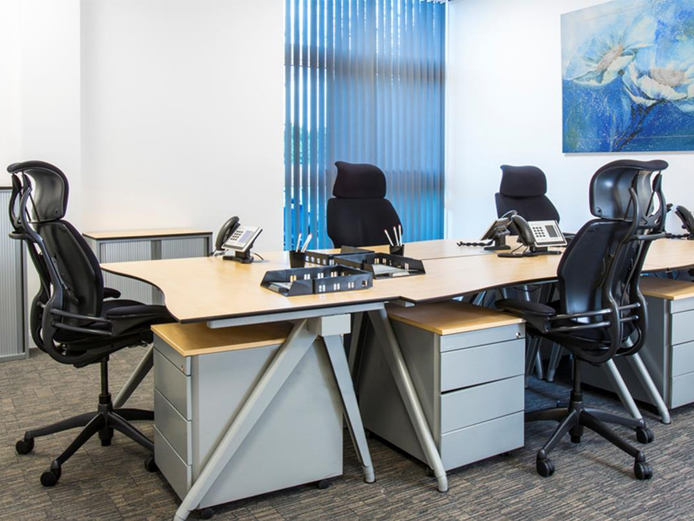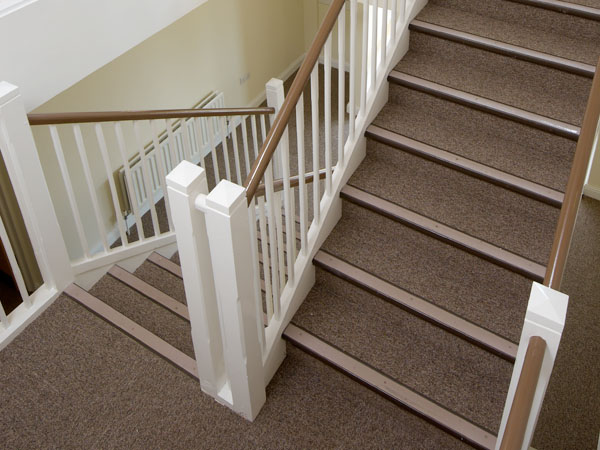Managing business rates in the serviced office sector
As the market shifts towards flexibility, more businesses consider serviced office space at least for their short term needs. We caught up with our head of valuations and lease advisory, Martin Cook, to discuss the complexities of serviced office business rates.
The restrictions of lockdown, coupled with the desire for many occupiers to work outside traditional urban locations, have been the catalyst for a significant growth of interest in serviced offices.
Discussions around the sector’s future structure have typically focused on lease length, the multiple merits of flexible space and occupational densities.
However, there’s been very little said about the ongoing issue of how to best manage serviced office business rates for the benefit of owners, landlords, current tenants and would-be occupiers.
Review your serviced office business rates

Tenants in the leisure, hospitality and retail sectors regularly seek independent advice and expertise to query their rateable values. In many cases, this allows them to reduce their assessments and tax bills. However, despite this, it’s still a rarity in serviced offices.
The savings can be significant, especially because they can be backdated. They regularly run to sizeable five-figure sums. However, I think most tenants in serviced offices are unaware that they’re entitled to a separate assessment of their space, as opposed to an overall assessment of the building or business centre.
Sometimes, you can reduce the overall assessment by focusing on your precise amount of space being used. This distinguishes your business activity from all the space within that office or building.
There are also different forms of business rates relief. Space in a serviced office may well be empty for a period whilst finding another occupier. Even if the time is relatively short, it’s always worth seeking relief for three months or longer.
Many of the tenants in serviced offices are small businesses, and since 2017, they have received enhanced benefits. This can allow them to claim 100% relief if their premises are valued at under £12,000.
Both parties benefit, as the landlord receives a reduction in their overall rating liability, and the occupier can also get reliefs.
Many landlords and owners may not have been aware of the potential benefits of having a review of their serviced office business rates. As such, they haven’t advised their tenants to also seek advice.
A fruitful example

One operator, which definitely has got the message, is UBC (UK) Ltd. The business operates eight business centres offering serviced office space across England, from its head office on Birmingham Business Park.
Our relationship with them began when a mutual contact explained the compelling case for commissioning a review. I met their managing director, Richard Johnson, who immediately understood the logic for both UBC and its tenants.
We explained what the mutual benefits were to the tenants, and set up a system to make it easy for them. We provided all occupiers with separate assessments for business rates purposes, allowing us to manage them individually.
Once everything was in place, UBC’s financial controller, Sharon Attwood, managed it day-by-day. I then deal with Valuation Office Agency matters and provide advice on occupier and local authority queries.
It was a new approach for most UBC tenants, and some weren’t entirely convinced at first. However, they began to welcome the idea when COVID grants became available. With these grants, decisions have been made based on the impact of the pandemic on individual businesses.
Had those tenants still been trading under an assessment of the overall business centre, they wouldn’t have been eligible for grants. It was very pleasing to read their responses when they received the money.
Hopefully, the message about the benefits of reviewing serviced office business rates reaches a wider audience. As the economy begins to unwind from lockdown, the money this could save small businesses may be a great help.
To discuss serviced office business rates, and how you might reduce your valuation, contact Martin Cook, call 0121 233 2330 or email mcook@kwboffice.com.




